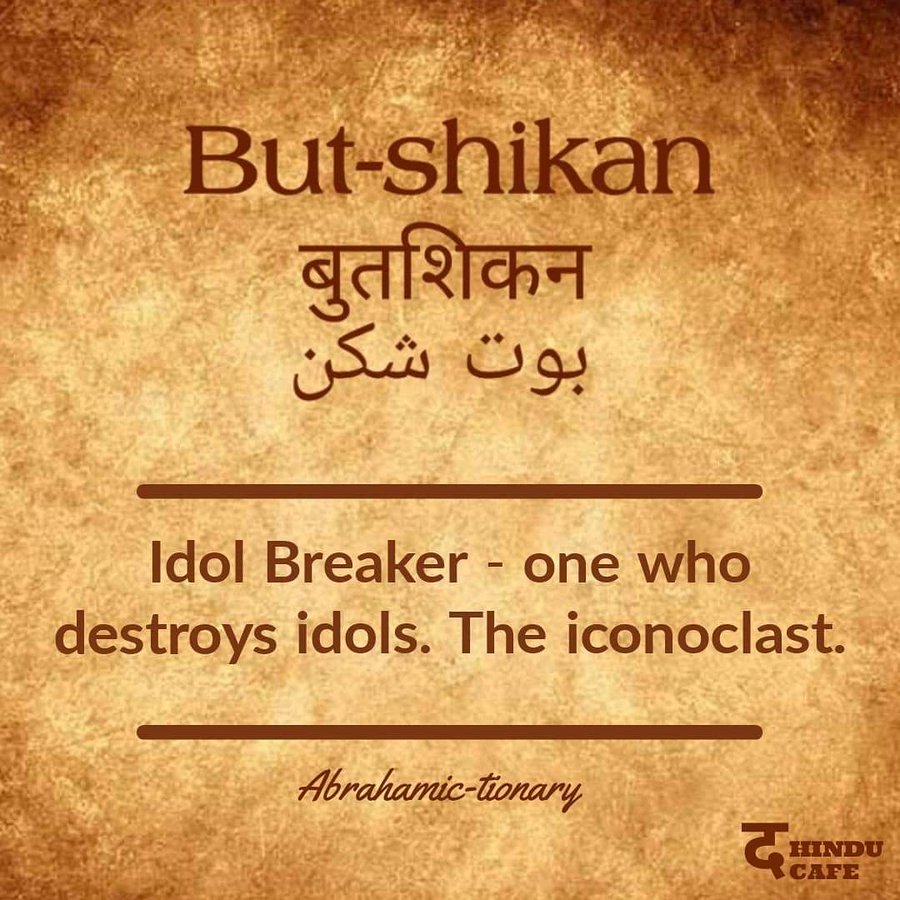The Pahalgam attack is undoubtedly the most Hinduphobic act of terrorism. Islamic militants checked Hindu identities before executing tourists, exposing a brutal nexus between religious extremism and One-Book literalism.
But the naive Muslim shall state Islam’s core teachings emphasize peace. However, hidden within this Book are select verses that are constantly weaponized to justify violence against polytheists. For Islamic radicals, Hindus embody the Kafir; thereby, licensing attacks as divine duty or holy war!
Hinduphobic One-Book Verses

One of the well known Hinduphobic verse is – ayat al-sayf or the Verse of the Sword. It is said to target polytheists, specifically mushrikun – those who have a treaty with Islamists. This 7th-century text is used by modern Islamists to all non-monotheists, including Hindus. For groups like Lashkar-e-Taiba, Hindu murti-puja epitomizes shirk or polytheism. Thus, making Hindus prime targets of their hatred and guns.
The Pahalgam attackers likely saw their Hinduphobic violence as enforcing Allah’s command against “corrupters of faith.”

Other verses like 3:28, 3:85, and others urge social separation and military action against non-Muslims. Hence, Islamists twist them to frame Hindus as existential threats to Islam. Thereby, making justifying their Hinduphobic Dar-ul-Islam vs. Dar-ul-Harab ideology.

Islamic terrorist groups interpret One-Book texts as a mandate to erase non-Islamic practices and Kafirs.

Jihadist groups cite 8.60 to justify militarization against “enemies of Allah” or non-Muslims. These verses help create a binary worldview in the minds of Muslims. Thus, for them, a Hindu-majority nation like Bharat is an insult to its very existence. Thereby, masking their Hinduphobic ethnic cleansing as a religious duty or Jihad!
Ghazi Glory: How Hinduphobic Violence Becomes Virtue

In radical theology in the One-Book, ordinary Muslims earn paradise through shahada (martyrdom) or ghaza (holy raid). Titles like Ghazi (warrior for Islam) glorify the murder of non-Muslims. And the epithet of Butshikan (idol-breaker) glorifies those who erase “false gods” of non-Muslism.

The Pahalgam attackers, by checking circumcision or asking Hindus to recite Kalma, mirrored this supremacist logic: killing kafirs wasn’t murder but ibadah or worship.

Whitewashers will state that Islam is a religion of peace. But Islamists know that peace is the name of the Sword they use against non-Muslims. Mainstream Islamic scholars like to stress that verses like 9:5 apply only to active combatants in specific historical conflicts. Yet, groups like ISIS and LeT refuse to accept their limitations to the past. They bring these Hinduphobic verses into the 21st century and exploit their textual ambiguity to recruit foot soldiers or Jihadis.
For these Jihadis, Hindu festivals, temples, and pilgrims symbolize jahiliyat (pre-Islamic ignorance), demanding eradication. Anyone providing a theological counter-narrative that overpowers literalist extremism faces Fatwas! Thus, One-Book cherry-picking continues to fuel Hinduphibic violence.

The takeaway: The One-Book verses become lethal when divorced from context.
The consequence: The followers of the One-Book feel justified in the loss of 28 lives in Pahalgam.


